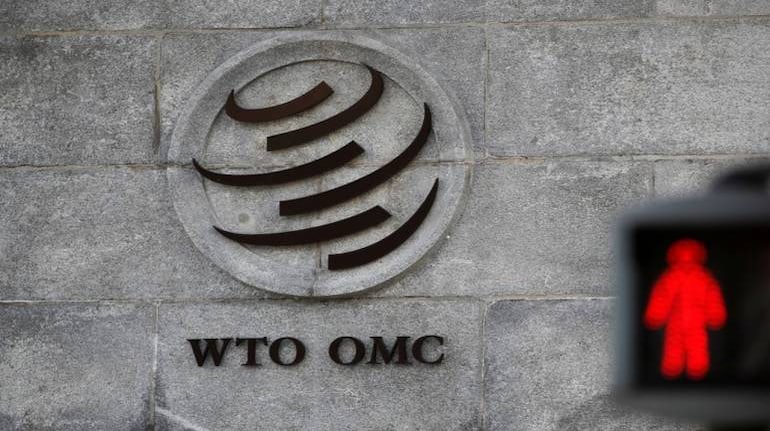The serving WTO chief Roberto Azevedo announced he would demit office on August 31. Eight candidates from a number of nations are vying for the position of director general
New Delhi has been pushing hard to maintain the multilateralism, as envisaged by the World Trade Organisation (WTO). In an environment of trade hostility and the gradual diminishing of WTO's authority, India would be in favour of a new chief who would be committed to the concerns of developing nations, a senior government official has told Moneycontrol.
The official added, "For long, there have been repeated efforts to undermine the sanctity of the WTO and India has been undertaken sustained efforts to maintain the sanctity of WTO. The concerns of developing countries have also been regularly threatened. India would want a WTO chief who would be work to resolve these issues."
The serving WTO chief Roberto Azevedo will demit office on August 31. Eight candidates from a number of nations are vying for the position of director general.
New Delhi has not yet announced its support to any of the candidates but would put its weight behind anyone who's willing to look at the concerns of poorer nations and providing food security to them and is willing to take on trade hostility that is being undertaken by the powerful nations, the official said.
"There would be discussions, amongst us as well as with the candidates vying for the post. And only then would we arrive at whom to support," the official said.
In his farewell speech, Azevedo had said that domestic social and economic policies have not done all they could have to contain inequalities of income and opportunity, and to ensure that the benefits from trade are more widespread.
Azevedo had said the future of the WTO would be shaped by its members and it would be wrong to assume that the WTO would have a future irrespective, of what members do.
"To assure the future of the WTO, it is fundamental that members truly believe in the need to update the system. Some may still believe that the pressures afflicting the WTO are localised, and therefore temporary. I want to assure you that they are not," Azevedo said.
He also pointed out that a dysfunctional dispute settlement mechanism introduces an unacceptable asymmetry in the system, which is detrimental to the smaller and more vulnerable parties to any dispute.
"I don’t think we can simply sweep this under the rug, and it must remain a priority for WTO members to address," he said.
The dwindling importance of the WTO in global trade has made India to form coalitions with least-developed and developing countries in the last two years. India also organised a number of mini-ministerials in India to drive home the need for multi-lateralism.






